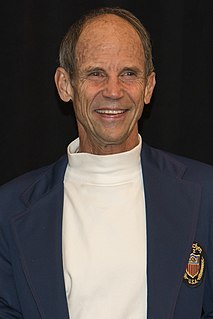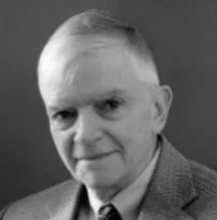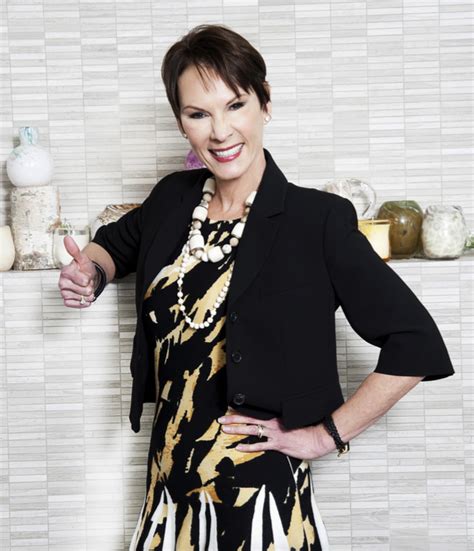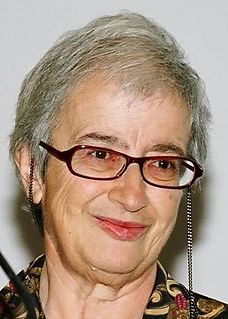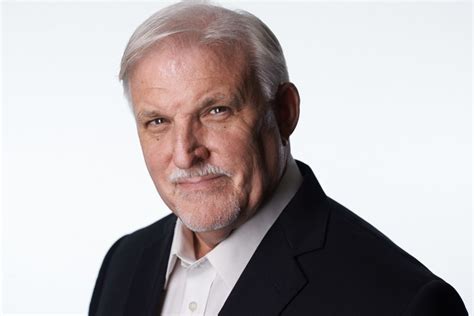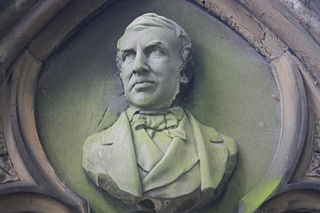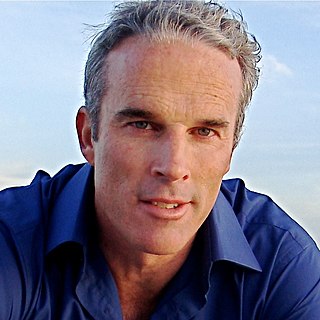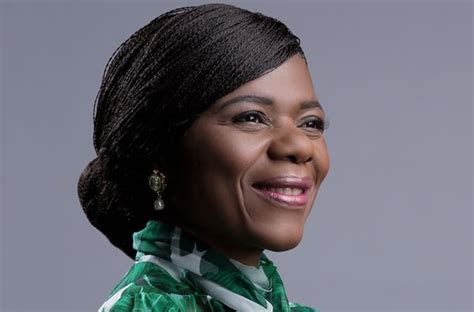A Quote by Queen Noor of Jordan
I spent the first years working in Jordan trying to learn as much as I could about what was taking place in the country, about where there were gaps in the development process that needed attention.
Related Quotes
I spent the first years working in Jordan trying to learn as much as I could about what was taking place in the country, about where there were gaps in the development process that needed attention. Inevitably, there were certain common denominators which are fairly common to all developing societies, perhaps to all societies: that quality education be accessible to everyone, not just a limited elite few; the sustainable conservation of natural resources; the full engagement of women in national development; and the value of cross-cultural exchange and understanding to international relations.
I spent the first twenty years of my running career trying to run as many miles as I could as fast as I could. Then I spent the next twenty years trying to figure out how to run the least amount of miles needed to finish a marathon. And I've come to the conclusion the second way is much more enjoyable.
Ideas about mothers have swung historically with the roles of women. When women were needed to work the fields or shops, experts claimed that children didn't need them much. Mothers, who might be too soft and sentimental, could even be bad for children's character development. But when men left home during the Industrial Revolution to work elsewhere, women were "needed" at home. The cult of domesticity and motherhood became a virtue that kept women in their place.
When I look back, my journey isn't about a small-town kid from Hazleton traveling around the country, but about the years I put in to get to this place in my life. Playing and finding out you're not good enough, managing in the minors, working in player development, coaching and learning from the best minds in baseball.
After I finished the Tycoons - on post-Civil War development - I realized how much I didn't know about the first half of the century, even though there had obviously been an enormous amount of development, so I read about and thought about that for a couple of years before I decided I was ready for a book.
Nothing changed in my life since I work all the time," Pamuk said then. "I've spent 30 years writing fiction. For the first 10 years I worried about money and no one asked me how much money I made. The second decade I spent money and no one was asking me about that. And I've spent the last 10 years with everyone expecting to hear how I spend the money, which I will not do.
Those who created this country chose freedom. With all of its dangers. And do you know the riskiest part of that choice they made? They actually believed that we could be trusted to make up our own minds in the whirl of differing ideas. That we could be trusted to remain free, even when there were very, very seductive voices - taking advantage of our freedom of speech - who were trying to turn this country into the kind of place where the government could tell you what you can and cannot do.
Talking about sexual morality, I wouldn't agree that it's declining, but it's certainly changing. Young and old, we are very much in the process of taking a fresh look at the whole issue of morality. The only decline that's taking place - and it's about time - is in the old puritanical concept that sex is equated with sin.
I've written about illegal immigrants in the United States; I spent a year following migrant farm workers as they were harvesting. I've written about our criminal justice system, and how it treats the victims of crime. I've been working for years now on a book about prisons in America, and I've been going into prisons and traveling around the country and seeing what's going on.

